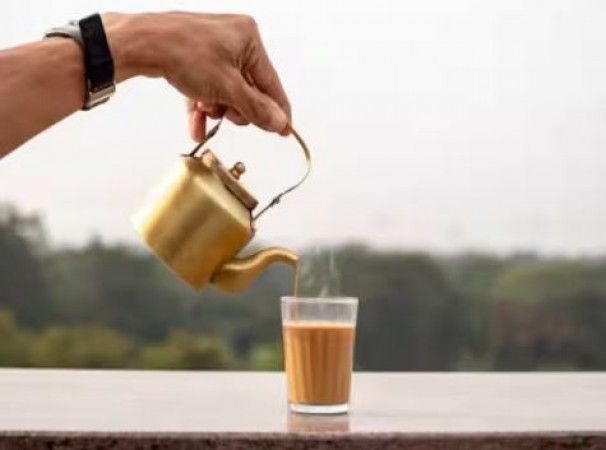
In the midst of our fast-paced lives, where stress and insomnia often go hand in hand, the quest for a good night's sleep becomes paramount. Surprisingly, a simple ritual involving a warm cup of tea might hold the key to unlocking the gates of slumber. Let's delve into the intriguing world of bedtime brews, exploring the science behind why hot tea is considered a sleep-inducing elixir, unlike its colder counterpart—ice tea.
Tea, an ancient beverage with a myriad of health benefits, has been a companion in our quest for relaxation. When consumed in its warm form, tea possesses compounds that positively impact sleep. Chief among them is L-theanine, an amino acid celebrated for its calming effects on the nervous system. Hot tea, with its comforting warmth, acts as a facilitator, enhancing the absorption of L-theanine and thus promoting a state of relaxation conducive to sleep.
The soothing warmth of hot tea is not just a sensory delight; it has tangible physiological effects on the body. The gradual rise in body temperature induced by the consumption of hot liquids signals to the brain that it's time to wind down. This aligns with the body's natural circadian rhythm, aiding in the initiation of the sleep process.
Conversely, the low temperature of ice tea may present a challenge to the desired relaxation state. Cold beverages, including ice tea, can cause blood vessels to constrict, potentially hindering the relaxation process necessary for a seamless transition into sleep.
L-theanine, a non-protein amino acid abundant in tea leaves, takes center stage in the sleep-inducing properties of hot tea. When tea leaves are steeped in hot water, L-theanine is released in higher concentrations. This compound, known for its ability to reduce stress and anxiety, contributes significantly to the calming effect associated with hot tea consumption.
Hot tea, particularly herbal varieties, indirectly influences the body's production of melatonin. Melatonin is a hormone crucial for regulating sleep-wake cycles. The antioxidant-rich compounds in tea play a role in enhancing melatonin levels, thus contributing to a more restful night's sleep.
Establishing a bedtime ritual is a powerful tool in signaling to the body that it's time to wind down. Sipping on a cup of hot tea before bedtime can become a calming routine, a psychological cue that prepares the mind and body for a restful night.
Consuming ice tea, particularly in the evening, introduces the element of caffeine, a known sleep disruptor. Hot tea, especially herbal blends, offers a caffeine-free alternative, ensuring that the tranquility of the evening is not compromised.
Selecting the appropriate tea blend is crucial. Herbal teas such as chamomile, lavender, or valerian root are renowned for their natural sedative properties. When enjoyed in their hot form, these herbal concoctions can be particularly effective in inducing a calm state conducive to sleep.
The act of sipping hot tea encourages mindfulness. It prompts individuals to savor the moment, fostering a sense of relaxation and detachment from the day's stresses. This meditative practice can serve as a gateway to a more tranquil night's sleep. In the intricate dance of sleep and wakefulness, the temperature of your evening tea might play a pivotal role. While the science behind hot tea, enriched with L-theanine and warmth, points toward its potential as a sleep aid, its icy counterpart may not offer the same benefits. Incorporating a warm cup of tea into your bedtime routine could be the uncomplicated yet effective solution to elevate the quality of your sleep, transforming your nights into a haven of peaceful rest. In essence, the age-old tradition of sipping hot tea before bedtime is not merely a cultural quirk; it is backed by science, offering a holistic approach to sleep improvement.
IPL Eyes USD 50 Billion in Media Rights Value by 2043, Says Chairman Arun Dhumal
Without arms archer sheetal devi was chosen asias best young athlete